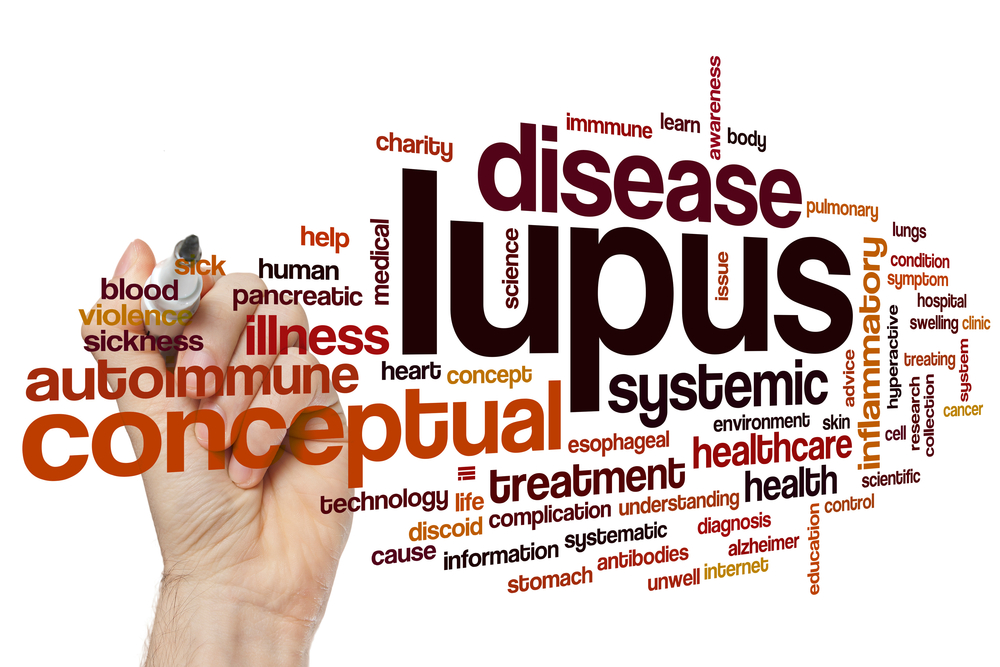Organ Damage in SLE Patients Treated with Benlysta Found to Be Largely Stabilized
Written by |

GSK has published a new analysis showing that moderate-to-severe systemic lupus erythematosus (SLE) patients treated for five years with Benlysta (belimumab), in combination with standard of care, demonstrated low rates of progression in organ damage regardless of their condition prior to starting therapy.
SLE has no known cure, but a number of medications can relieve the symptoms and limit disease progression. Among them, Benlysta is the first drug developed and approved to treat SLE. The drug, approved in both Europe and the U.S., contains an antibody that helps to improve survival of the immune white blood cells (B cells).
Data for the long-term analysis came from two pooled clinical studies of patients treated with Benlysta for five to six years. Organ damage was measured through SDI (SLICC Damage Index) from baseline. The results revealed that 85.1 percent of patients showed no change in organ damage, with a mean change from baseline of 0.2 (0.48, n=403).
When both patients with and without baseline organ damage were considered, data revealed that 87.6 percent of those with undamaged organs exhibited no change (average SDI of 0.2, 0.44, n=241), whereas 81.5 percent of those with baseline damage maintained a stable SDI (mean change of 0.2, 0.53, n=162). The median time to first worsening was reported to be 677 days (n=117).
“This is the first analysis to investigate Benlysta’s long-term effect on organ damage. Whilst this is an open-label continuation study, the results are very encouraging and suggest that use of more targeted therapies may slow progression of irreversible long-term damage for lupus patients. Further studies to examine this question further would be warranted,” Professor Ian Bruce, University of Manchester, UK, said in the press release.
The long-term safety of Benlysta shown in the analysis was, overall, consistent with drug’s known effects. A majority, 96.5 percent, experienced side effects, although the number of adverse events declined over the study period from 87.4 percent to 52.7 percent. In total, serious side effects were reported in 31.4 percent of patients (n=313), and 43.4 precent (n=433) reported a drug-related side effect. Infections/infestations and gastrointestinal disorders were the most common drug-related events.
The full analysis is available by clicking on this link.




